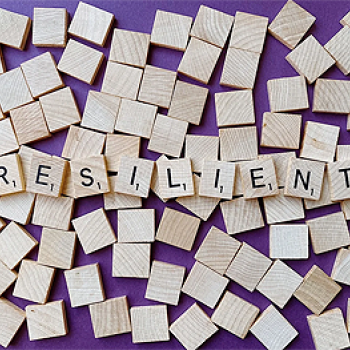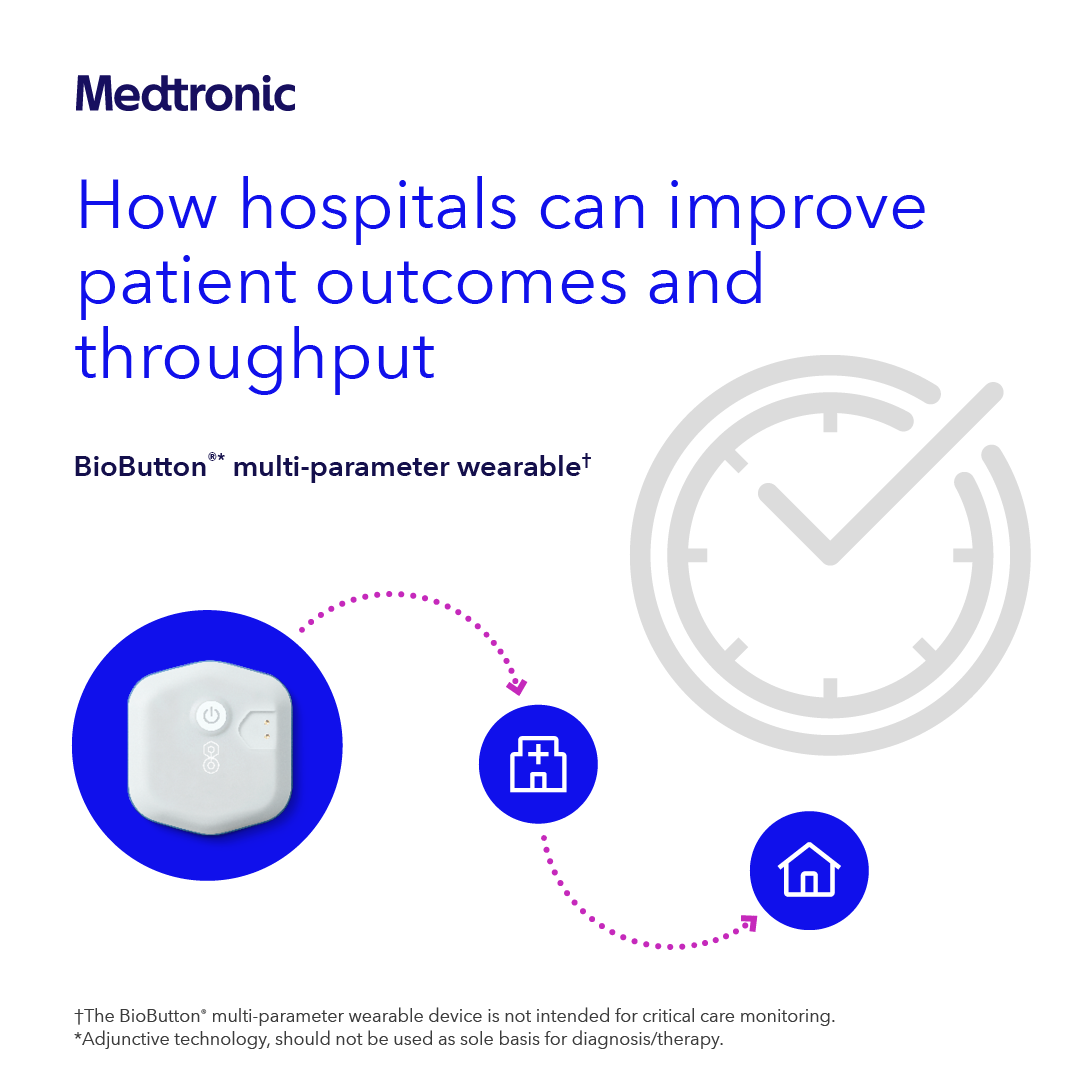CEO's Corner - May 2021

National Nurses’ Week is celebrated every May 6-12th. It ends on the anniversary of Florence Nightingale’s birthday.
Most of us know Nurses’ Week is each May because our employers will provide us with a small gift of recognition. Lunch perhaps, or a t-shirt/sweatshirt or something similar, to thank us for our service that year. Oftentimes, there are lots of signs, banners, balloons, and the like, to celebrate the occasion.
This year, we are celebrating Nurses’ Month. According to the ANA, “since the pandemic, honoring our nation’s nurses is more profoundly significant, which makes this month of recognition in May even more important” (About Nurses Month – ANA Enterprise 2021 Initiatives (anayearofthenurse.org)
Starting May 1st and ending May 31st, nurses will be celebrated for their contributions to the health and well-being of patients and communities. Each week has a specific theme:
- Week 1: May 1-9: Self-care
- Week 2: May 10-16: Recognition
- Week 3: May 17-23: Professional Development
- Week 4: May 24-31: Community Engagement
It certainly has been a hard year. You deserve to be recognized for your hard work this year more than most. I really hope that the celebrations are meaningful this year.
I hope that institutions and employers consider what this last year was like for you all and recognize that while small gifts and lunches are great, perhaps now is the time for some meaningful conversation and change.
My hope this Nurses’ Month is that we can have real conversations about the future of nursing...
- What do nurses need to practice at the top of their scope?
- What challenges do nurses face in doing their jobs?
- What do they need to feel supported by their employers, and most importantly, safe in their jobs?
- What did we fail at this past year so that we can be sure never to repeat those mistakes?
Some of these conversations are going to be difficult, but that does not mean we should avoid having them. We can only improve if we are willing to look critically at what happened over the past year and commit together to making change.
I have spoken before about my dissertation. Some of you might recall that I did a study of the combined impact an individual’s psychological capital (your outlook on life, your state of being) and social capital (the resources you have available to you through your personal and professional relationships) has on the severity of second victim syndrome in registered nurses.
In my study, psychological capital, which includes resilience as a component, does not do anything to minimize an individual’s second victim severity.
I would like to say this louder and clearer: RESILIENCE IS NOT THE SOLUTION FOR THE TRAUMAS NURSES ARE EXPERIENCING. We must stop putting recovery, healing, and psychological/emotional well-being on the backs of the nurses experiencing distress/injury.
Social capital is what was most important, in my study, to protect nurses and minimize the impact of their trauma.
We must work together at all levels: the unit level, the organizational level, the system level, and the professional level, to support nurses to minimize the psychological, emotional, and physical effects of nursing.



